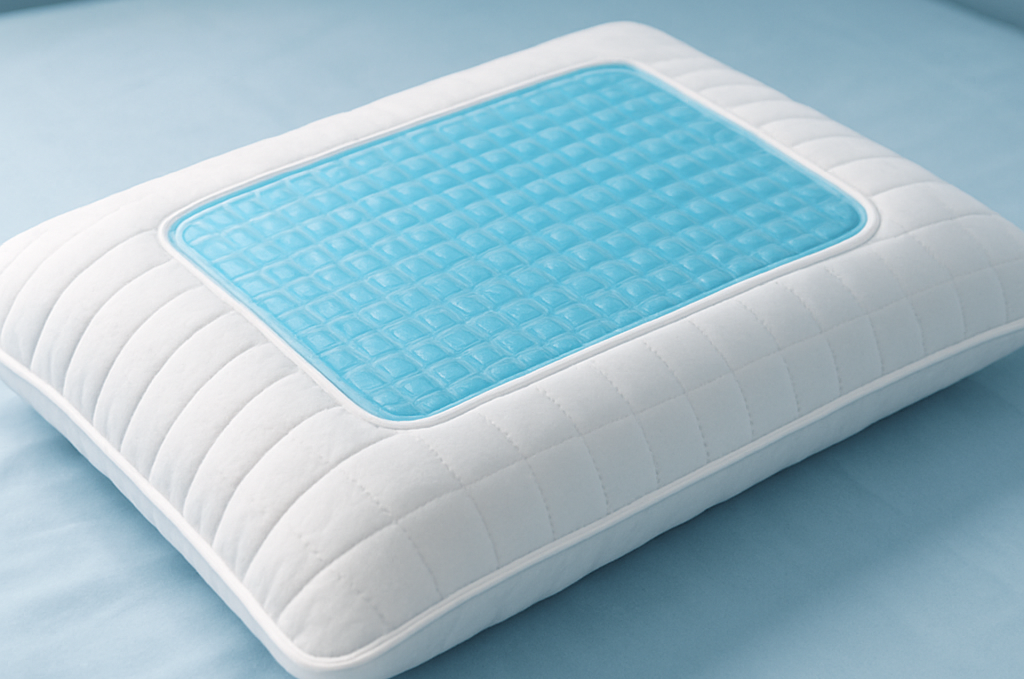How to Choose the Perfect Pillow for a Good Night’s Sleep
A good night’s sleep starts with the right pillow. The perfect pillow doesn’t just make your bed more comfortable—it also supports your head, neck, and spine to ensure proper alignment and relieve tension. If you often wake up with neck pain, headaches, or stiffness, your pillow might be the problem.
Here’s a simple guide to help you choose the right pillow for your sleep style and comfort needs.
1. Know Your Sleeping Position
Your sleeping position plays a big role in the type of pillow that’s best for you.
Back Sleepers:
Choose a medium-firm pillow that supports the natural curve of your neck without pushing your head too far forward. Memory foam or contour pillows are great options.
Side Sleepers:
You need a firm and thicker pillow to fill the gap between your shoulder and neck. Look for a pillow that keeps your head aligned with your spine.
Stomach Sleepers:
Go for a soft and thin pillow or even no pillow at all. This reduces strain on your neck and helps maintain a neutral posture.
2. Pick the Right Filling Material
The filling affects not only comfort but also the durability and breathability of your pillow.
- Memory Foam: Excellent for contouring and neck support.
- Down or Feather: Soft, luxurious, and lightweight—perfect if you love a plush feel.
- Microfiber or Polyester: Budget-friendly, easy to clean, and hypoallergenic.
- Latex: Naturally breathable and resistant to dust mites—ideal for allergy sufferers.
3. Consider Firmness and Loft
Loft means pillow height.
- Low loft: Best for stomach sleepers.
- Medium loft: Best for back sleepers.
- High loft: Best for side sleepers.
Your body type also matters—broader shoulders may need a higher pillow for proper alignment.
4. Look for Quality and Breathability
A pillow should allow air circulation to keep you cool throughout the night. Pillows with breathable covers (like cotton or bamboo) help prevent heat buildup. If you tend to sleep hot, look for cooling gel pillows or ventilated memory foam.
5. Don’t Forget Allergies
If you have allergies, go for hypoallergenic or anti-dust mite pillows. Washable pillow covers and regular cleaning can help keep your sleep environment fresh and healthy.
6. Replace Your Pillow Regularly
Even the best pillows don’t last forever. Over time, they lose shape and support. As a rule of thumb, replace your pillow every 12–24 months, or sooner if it’s lumpy, stained, or causes discomfort.
Final Thoughts
Choosing the right pillow can completely transform your sleep experience. Think about your sleep position, comfort preferences, and any specific needs like allergies or neck support.
At PilloHeaven, we offer a wide range of pillows designed to suit every sleeper—whether you love soft and plush or firm and supportive. Explore our collection today and wake up refreshed every morning





There are no comments